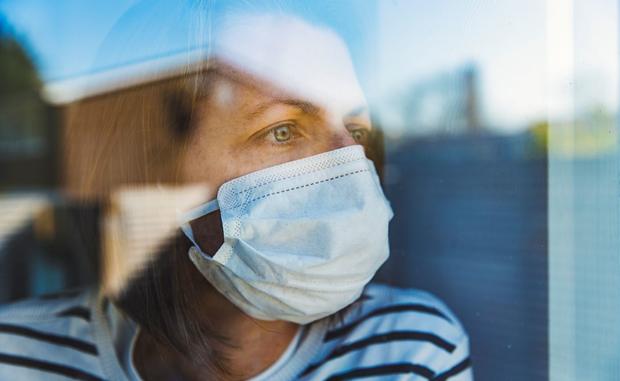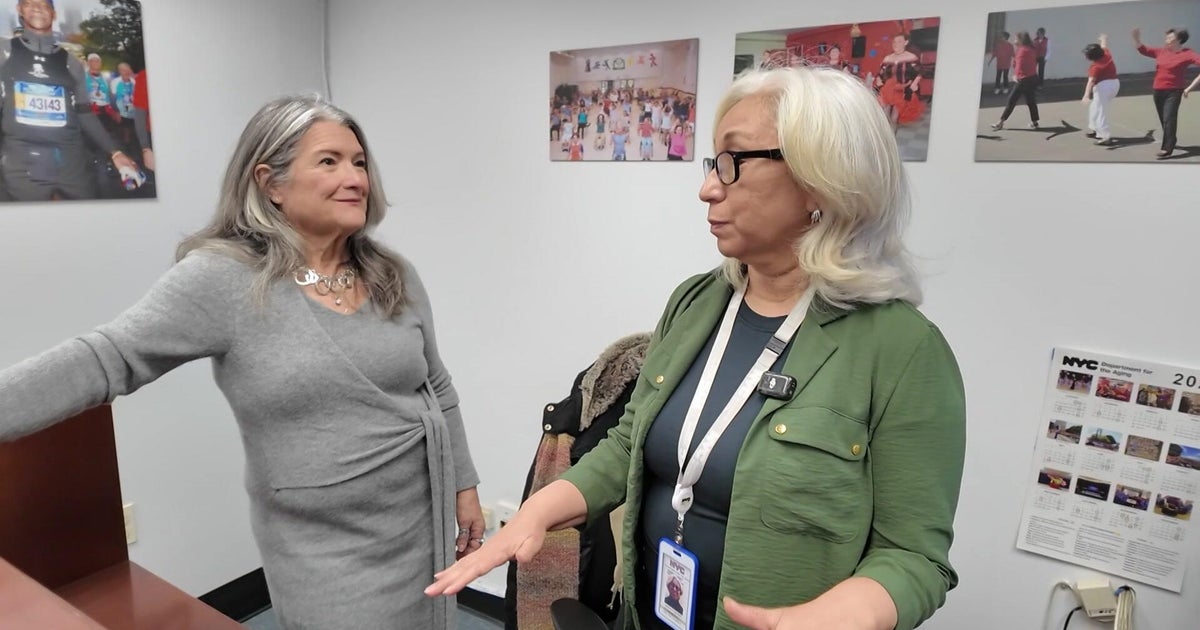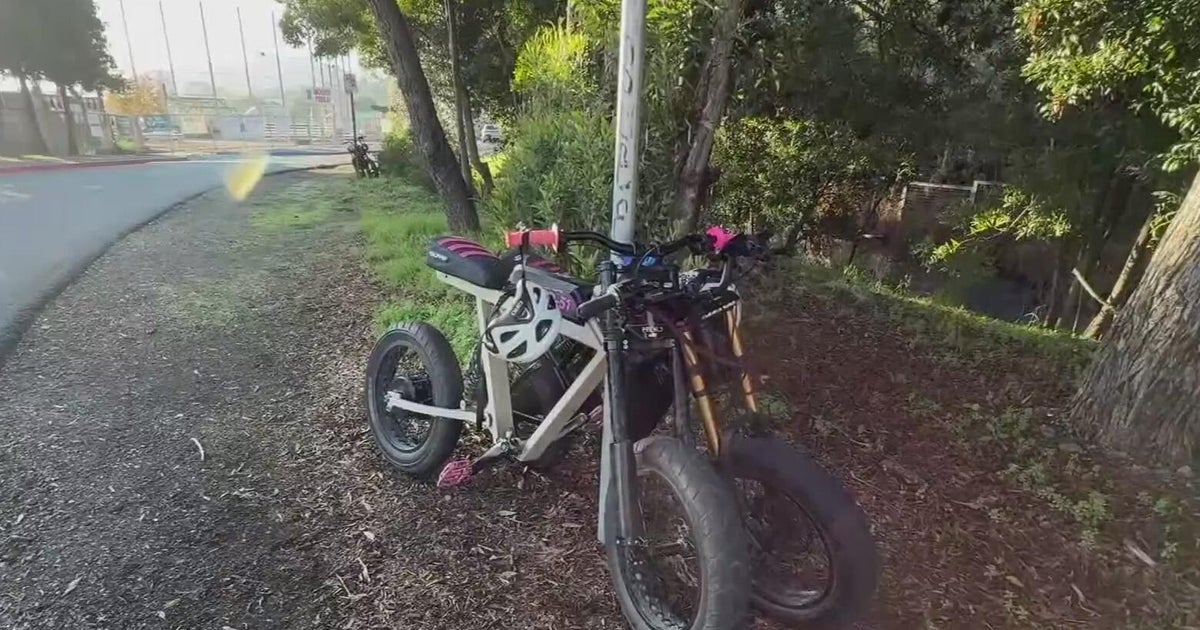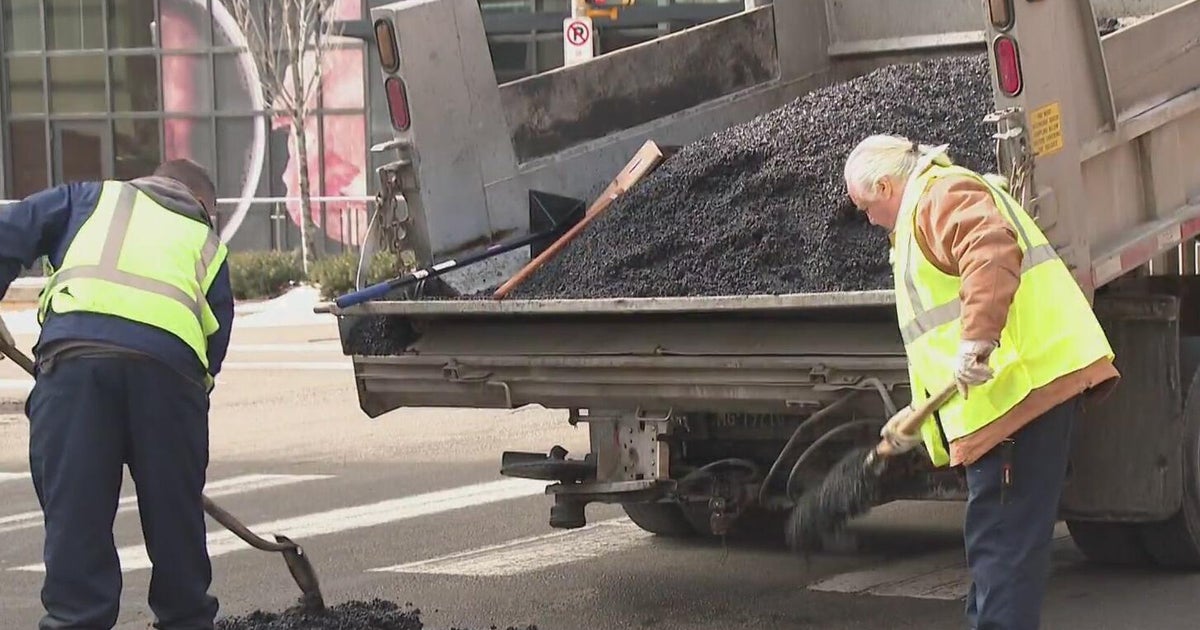As Restrictions Ease, Texans Are Left Dealing With Psychological Effects Of COVID-19
NORTH TEXAS (CBSDFW.COM) — Now that Governor Greg Abbott has lifted all statewide COVID restrictions, many Americans are ready to ditch their masks and resume their old lives, but it may not be that easy for everyone.
Many people simply aren't comfortable not wearing masks and the fear and anxiety surrounding the pandemic may be around a lot longer than the virus itself.
It's hard to believe how much our lives could change in just a few days' time.
But over the course of a handful of days last March, activities that many of us took for granted -- such as attending sporting events, concerts, and going to bars and restaurants -- all but disappeared.
Almost overnight, we were thrust into a new world of social distancing, mask-wearing, and working from home.
Local psychologist Dr. Sylvia Gearing says it may take a very long time before many of us become "unconditioned" to this new normal.
"I believe that the pandemic is going to leave an indelible fingerprint on our psychological functioning," says Gearing. "We really do look at this pandemic as having been a trauma, at multiple levels: societal, familial, and so forth. And trauma, as we think of it in psychology, is a condition of powerlessness -- being unable to influence what is happening to us in the moment and what is happening us to tomorrow. And even though things may change and we achieve, let's say, herd immunity and we go back to our new normal, it's still going to be with us. Trauma doesn't go away just because the events that started the trauma have resolved. It doesn't stop there."
Gearing says one of the first things we need to do is come to grips with the fact that our lives may never be the same as before.
"I do think that people are always going to be aware of 'this is possible,'" says Gearing. "That's always what happens when you have a cataclysmic event like this, that affects us personally and on a societal level. We're never going to feel as safe as we felt before, and Karen, we need to embrace that. We need to embrace that things have changed -- that is a part of life. And we have the skills to flow with those changes. We're not going to let these things define us, we're going to keep going and flourish in the lives that we're about to build."
She says the number one antidote to the kind of trauma we've experienced is "social connection". And we need to find time every day to rest our minds.
"The mind needs to unplug, Karen," says Gearing. "We need to unplug from the traumatic events...from all of the things that are happening in the world, and give it a chance to re-boot."
And she reminds us that while we may disagree with other people's decisions over masking and social distancing -- it's important to respect those choices, and not
give in to the temptation to judge or get angry. For the sake of our mental health, we need to open our eyes to the beauty that surrounds us.
"Our lives are filled with beautiful Texas sunsets or sunrises. We can access the beauty of our children, and noticing our partners, our colleagues-- just standing outside or at a park and noticing how beautiful this world is," says Gearing. "Take it in. It's there to comfort you. It's there to help shift your state of mind and bring a lot of nurturing. If people just did that, it would make a tremendous difference."








